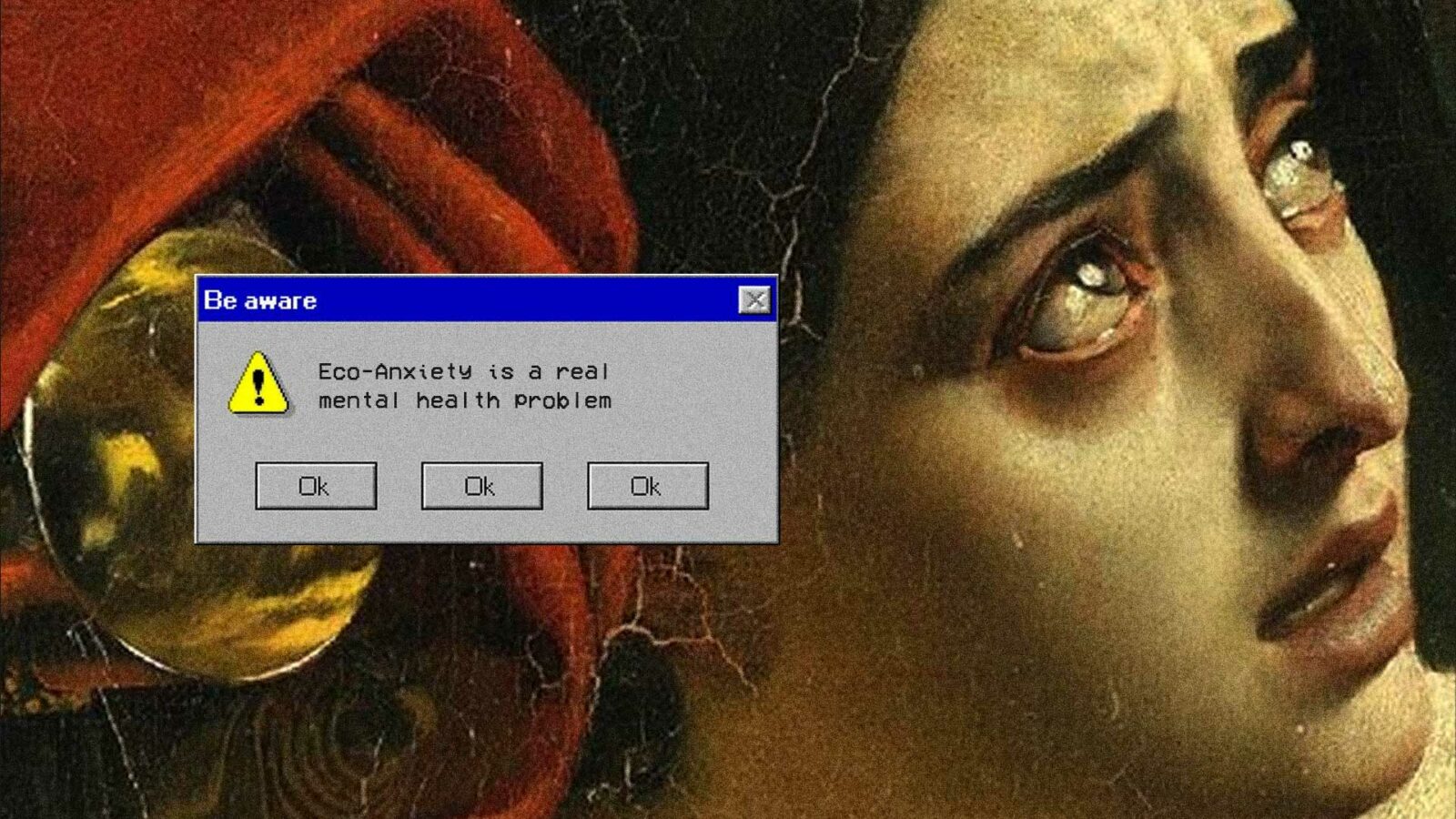The worsening environmental decline takes a toll on a person’s mental health, manifesting in anxiety, stress, and depression. Plenty of people often feel this way, but this chronic fear of environmental doom is called “eco-anxiety.”
RELATED: Lessons Learned From Typhoon Ulysses
Eco-anxiety (or climate anxiety) is a common feeling among Generation Z who often bear the crushing weight of the future’s uncertainty, but anyone can suffer from it. People who experience extreme climate events, especially those who are forcibly displaced due to disasters, are very likely to suffer from mental health problems.
For Filipinos, this is an all-too-familiar feeling. The Philippines is often ravaged by deadly storms and typhoons that leave havoc in its wake. The geographical location of the country makes it prone to disasters, traumatizing many communities in cycles. Though they may be natural calamities, extreme weather events are worsened by climate change. As if that’s not dreadful enough, parts of the country will be under the high tide line in 30 years. All of these are significant factors that contribute to an individual’s mental health.
via GIPHY
Marginalized groups are the most vulnerable during calamities, but they are also the least likely to have the resources and access to professional help. Acknowledging that climate threat affects psychological distress and knowing how to cope with it is crucial.
COPING WITH ECO-ANXIETY
If you experience eco-anxiety, don’t invalidate your feelings of distress or think that they’re unwarranted. Your reaction to climate change is valid. Feeling hopeless or anxious about the future doesn’t make you atypical because there are millions of people in the world going through the same thing. Looking for like-minded people who understand and relate to your struggles might help.
In this age of social media, there may be a Facebook group or Telegram group chat that’s right up your alley. Find that local (or even international) community with whom you can share your thoughts freely and strike up climate conversations. You can have a great support system aside from your friends and family amidst all the chaos.
STOP SCROLLING
Don’t forget to unplug and disengage every once in a while. It is important to be educated about climate issues, but recognize when you’ve reached your limit. Give yourself permission to seek respite and engage in activities for your enjoyment. It doesn’t mean that you’re abandoning the cause—you’re just prioritizing your mental health, too. Keep in mind that it’s never wrong to seek professional help from psychotherapists. Some people find that seeking climate-aware therapists has helped cope with the impacts of climate change on their mental health.
TURNING IT INTO TANGIBLE ACTION
The state of the planet can be overwhelming to the point of believing that nothing you’ll ever do will make a significant difference, so you might as well not try. Others are optimistic enough to think that everything is going to be alright, so there’s no need for them to step up. Get away from the extremes and land in the middle where you recognize the dangers of climate change, you’re hopeful for a better future, and you know that it’s time to take action.
Being idle might magnify the feelings of helplessness, so turn eco-anxiety into climate action by committing to personal changes. Focus on the factors that you can control and commit to small steps, such as spreading awareness and educating other people about climate issues, taking part in environmental initiatives and organizations, and reducing your carbon footprint by living a more sustainable lifestyle. Holding big corporations accountable and lobbying for genuine change by supporting the development of environmental policies are crucial as well.
However, it’s important to keep in mind that climate action looks different for each individual, and environmental justice is a must. It is an intersectional issue that involves class, gender, disability, race/ethnicity, and indigeneity. Though climate change is a global issue that includes all human beings, not everyone has the same resources, opportunities, and privilege to take climate action. This means that combating climate change goes hand in hand with the fight for equality in every form of society.
Though climate issues are grim and distressing, it is possible to keep fighting for our future while keeping our mental health in check. Go beyond the personal level and create change in your respective communities, too. Mitigating the effects of climate change cannot be done alone, so we must all work together to overcome this great living emergency.





